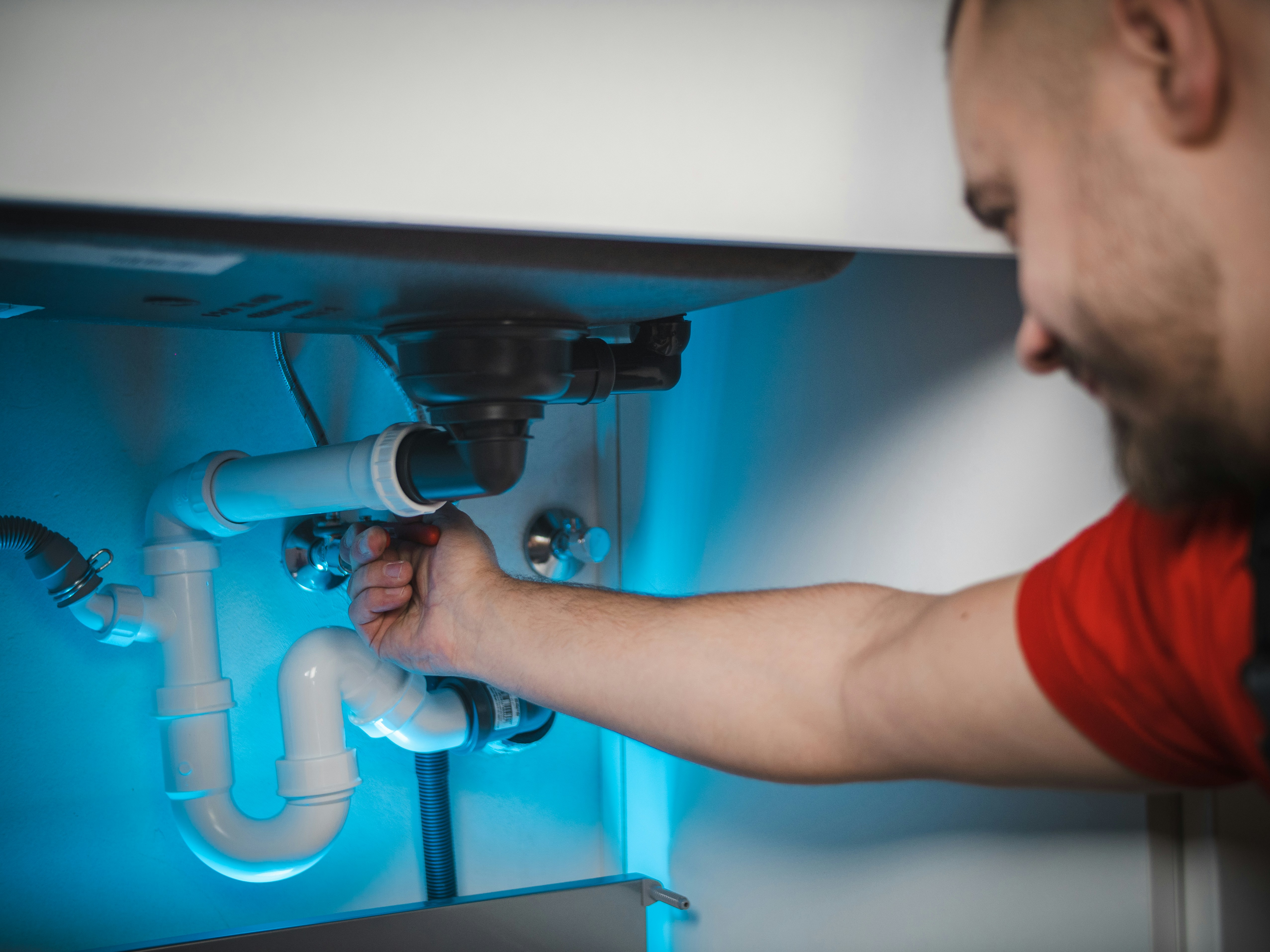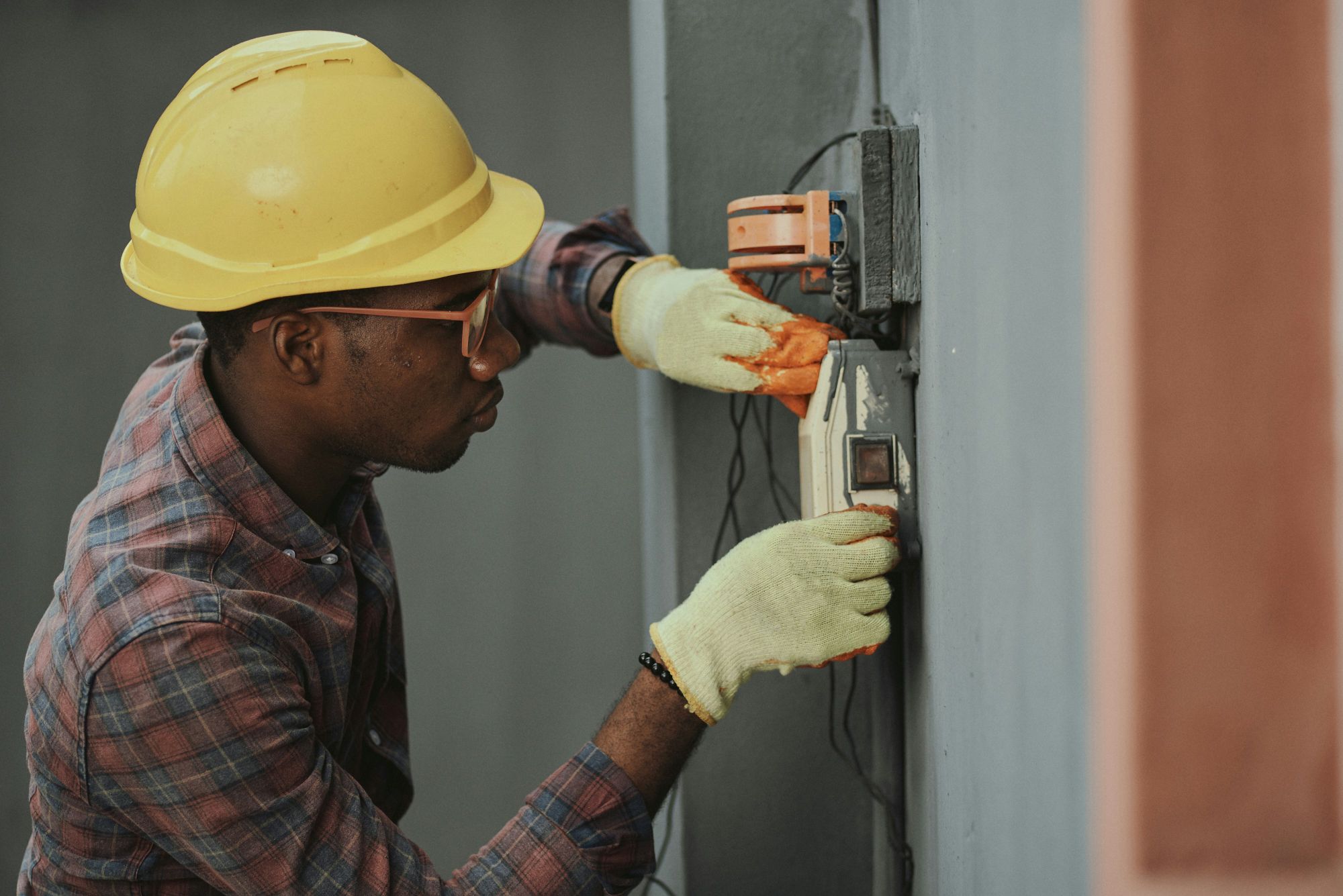Fixing to Sell: 6 House Smells That Could Signal Bigger Problems

1. Deceased Critter Smell
When you smell a rancid odor that becomes more intense over time, the source may be an animal that became trapped behind the walls or in a tight space and died. Although this odor does not present an immediate danger, it could pose a health hazard due to leftover urine and droppings. Additionally, this issue may be a sign of a larger pest infestation.
Typical Locations
- Behind walls
- In small spaces
- Lesser-used areas
Immediate Actions
- Contact a pest control expert
- Survey the home for other animal signs
Preventive Measures
- Keep garbage cans closed
- Bring pet food bowls in at night
- Seal potential entry points
2. Sulphuric Smells

If you smell something akin to rotten eggs in your home, it could indicate a natural gas leak. Although some fuel has no smell, an additive may change things and this signals an urgent problem. In a first-of-its-kind study, researchers took nearly 600 natural gas samples to investigate the potency of the rotten egg smell.
Interestingly, the variations were significant, with some areas having five times more noticeable odors than others. Even so, the team concluded that the rotten egg smell is usually strong enough to alert occupants to problems with gas systems.
Typical Locations
- Near your stove or heating system
- Around gas lines
Immediate Actions
- Turn off all gas appliances
- Do not smoke or light flames
- Do not touch electrical switches
- Ventilate the home
- Contact your gas company
Preventive Measures
- Keep your heating system professionally maintained
- Listen to expert advice about replacing old gas appliances
3. Musty Odors
Musty smells in a home you plan to sell could be caused by mold. Mold spores are naturally present in the air and dust but only grow in moist areas. Unaddressed mold in your home releases microbial volatile organic compounds that cause a musty odor.
Confirming this smell’s source is crucial because it could be a sign of a bigger moisture-related issue, such as a leak. A musty smell is not an emergency, but you should do your best to detect the source quickly to determine its severity. Extensive water damage or mold growth can be dangerous and impact the integrity of your roof, siding and envelope structure of your home.
A dehumidifier may help during the onset of musty smells. A dehumidifier dries out the air in the room the smell is coming from, discouraging mold and bacteria growth and removing any unwanted moisture. Getting a roof inspection is also another way to safeguard your home.
Typical Locations
- Bathrooms
- Kitchens
- Poorly ventilated areas
Immediate Actions
- Look for signs of water damage
- Apply topical mold removers
- Contact professionals to remove extensive mold
Preventive Measures
- Monitor humidity levels in your home
- Use dehumidifiers when appropriate
- Turn on exhaust fans in kitchens and bathrooms
- Repair pipe and faucet leaks promptly
- Get a roof and siding inspection twice a year
4. Sewage Smells

Sewage smells are immediately recognizable and invariably unpleasant. Fortunately, there is an easy fix to try if one of the home’s drains is the odor’s source. Pour a half-gallon of water down it to see if that tackles the smell. If it does, the issue was likely a dry P-trap or floor drain. When those work correctly, they create a moisture barrier to prevent sewer gases from coming up through the drain. However, you may smell them once it dries out, which happens due to disuse.
Sewage smells may also be a sign that other plumbing issues are present, and it’s always best to have a professional take a look to prevent minor issues from becoming major problems.
Typical Locations
- Bathrooms
- Drains
- Damaged plumbing connections
Immediate Actions
- Pour water into P-traps
- Clean and deodorize drains
- Ventilate the home
- Contact a plumber
Preventive Measures
- Keep drains moist
- Clean drains regularly
- Maintain plumbing systems
5. Fishy Smells
Feeling perplexed by a fishy odor that appears even though you have not cooked or eaten fish? Electrical damage could cause it, leading to fires if not addressed. Some professionals also warn that lightning strikes can cause hidden damage that may trigger this smell. Unplugging electrical appliances to prevent lightning from harming them is always a good idea.
However, problems can still occur with the infrastructure you cannot see. For example, you may notice that the smell disappears when you stop using a particular appliance. However, if that does not happen, concealed wiring could be the culprit.
Typical Locations
- Near plugs or lights
- Behind electrical appliances
Immediate Actions
- Turn off the power at the circuit breaker
- Investigate all recently used appliances
- Contact an electrician for further assistance
Preventive Measures
- Consider having a lightning-protection system installed
- Buy whole-home or point-of-use surge protectors
6. Smoke or Burned Plastic Odor

Although they might temporarily make your kitchen smoky, kitchen smells can sometimes be pleasant and make you hungry. However, they also pollute outdoor air. A 2024 investigation of external pollution linked cooking activities to 21% of the mass of human-linked volatile organic compounds on average. They also fluctuated from 10% to 30% depending on the time of day.
What if you smell smoke but have not been cooking and you have checked for potential fires?
It could be from a hidden electrical fire. More specifically, the smoky smell can be caused by burning plastic on the connectors and insulated wires of your electrical system.
Once you begin to smell unusual smoke or a burning plastic odor, it may mean an electrical problem has worsened — such as one that started with a fishy smell but people did not act at the time. You may also notice certain outlets become blackened or have smoke coming out of them. All these signs indicate urgent problems for professionals to investigate.
Typical Locations
- Behind walls
- Near lights
- At outlets
Immediate Actions
- Stop using the affected outlets or appliances
- Contact an electrician for emergency inspections
Preventive Measures
- Never overload outlets
- Unplug appliances after use
- Retire old appliances when appropriate
- Get an electrician to do routine checks
Stop the Smell Before Trying to Sell
You may have improved the landscaping, given your walls fresh coats of paint and hired professional cleaners before putting your home on the market. Those are all good things to do, but you should also investigate and address any unusual smells, including some of the most common odors mentioned above.
Those are the responsible actions to take because they will keep future occupants safe and prevent potential damage that could reduce your sale price if buyers become aware of the problems during prepurchase inspections. Plus, many are quick fixes once professionals get involved.
Categories
Recent Posts










